
Understanding the 2024 current account switch: What the numbers really say
UK current account switching hit 1.2m in 2024, but banks face retention issues as digital challengers win loyalty with seamless, transparent customer experiences.

UK current account switching hit 1.2m in 2024, but banks face retention issues as digital challengers win loyalty with seamless, transparent customer experiences.

The UK’s BNPL sector is transitioning to FCA regulation, with providers adapting to new compliance, transparency, and consumer protection standards.

As FCA expectations rise, a tailored compliance monitoring programme is essential for payments firms to manage risk, ensure accountability, and support sustainable growth.

PagoNxt Payments is driving Getnet’s cross-border expansion with embedded FX and DCC solutions, boosting international transactions and merchant growth.

Chargebacks911 has appointed AI expert Donald Kossmann as CTO to lead its technology strategy, advancing fraud prevention and chargeback management with AI.
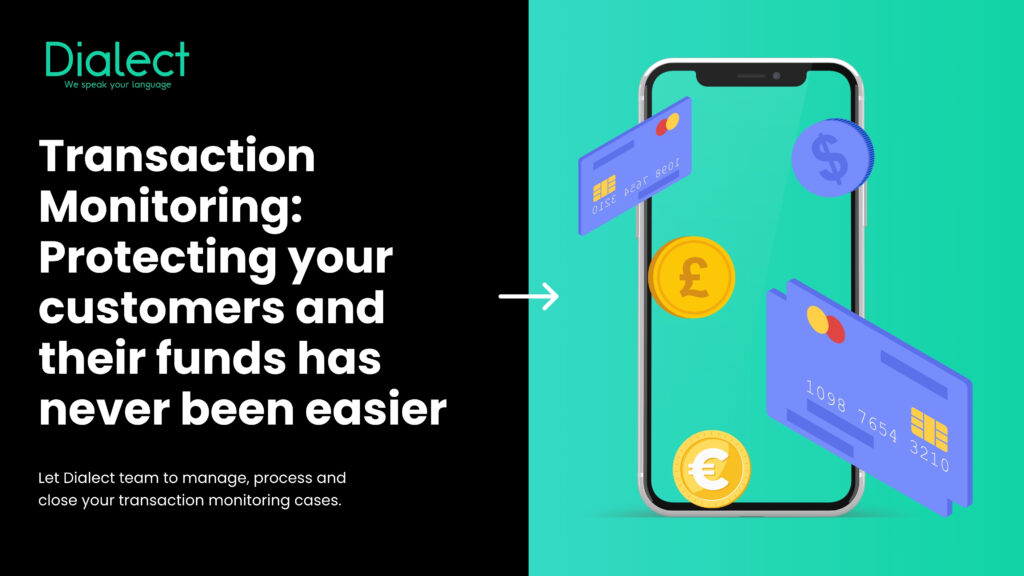
Dialect has expanded its back-office services, offering tailored transaction monitoring support to fintech and payment providers across the UK and Europe.
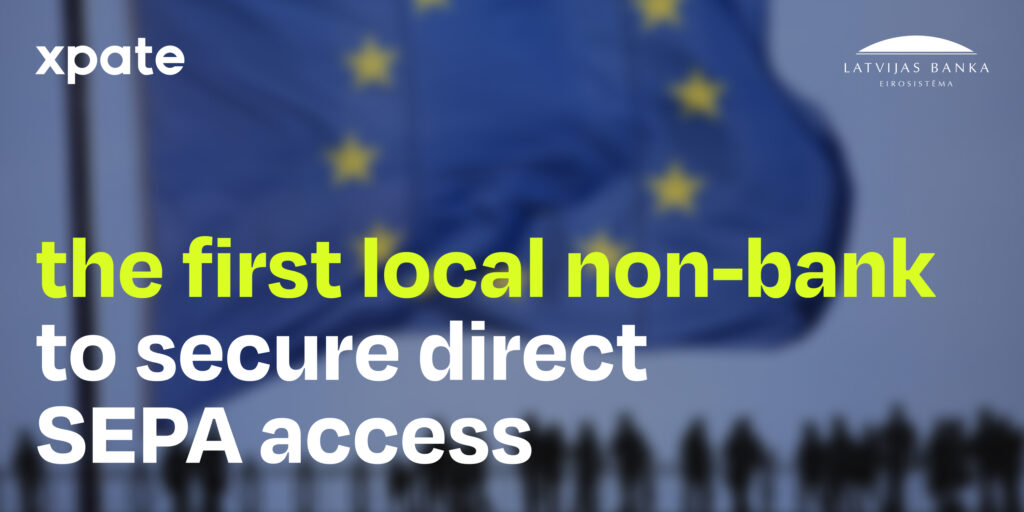
xpate has become the first non-bank in Latvia to gain direct SEPA access via the central bank’s EKS system, marking a milestone for fintech infrastructure access in Europe.

OpusDatum has launched the WTR Knowledge Hub, a data-driven platform supporting global compliance with wire transfer regulations and FATF Travel Rule adoption.

EML Payments is supporting Fair for You’s new Shopping Card loan, a prepaid solution helping underserved UK families access essential household goods responsibly.
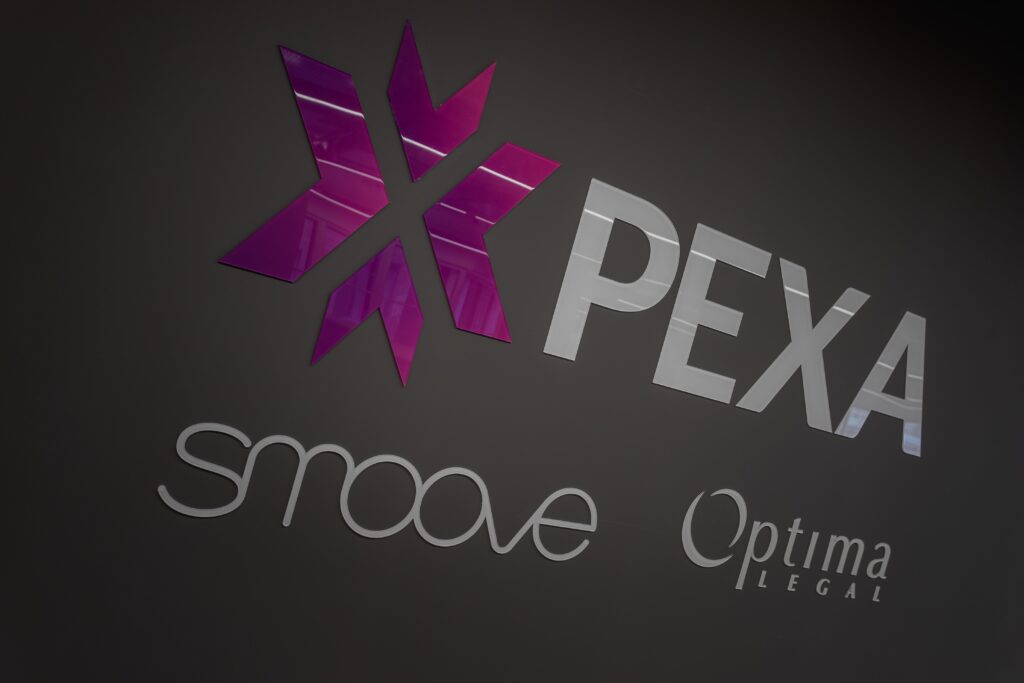
PEXA has received FCA approval as an authorised payment institution, supporting its upcoming UK sale and purchase launch and expanding its digital property services.

New research from payabl. reveals over half of European consumers are open to switching payment methods, prioritising speed, convenience, and security.

As digital wallets evolve, the real opportunity isn’t in doing everything—it’s in doing what matters, exceptionally well, for today’s users.

iFAST is set to launch SEPA pay-out capability, enabling near-instant EUR transfers across Europe and expanding its fintech banking services in 2025.

Lynx has won Anti-Fraud Solution of the Year at the 2025 FSTech Awards, recognised for its AI-driven, real-time fraud detection technology and adaptability.

Ten key regulatory developments merchants must track in 2025–26, from fraud liability to fee reform, stablecoins, and accessibility.

PXP has launched a new all-in-one POS solution, enabling merchants to accept a wide range of payments quickly and securely with no integration needed.

Česká spořitelna partnered with Warhorse Studios and IDEMIA to launch a limited-edition, light-up payment card tied to Kingdom Come: Deliverance II

Tecovas has adopted SEON’s AI-driven fraud prevention technology to enhance security and reduce chargebacks across its retail and e-commerce operations.

Tillo has partnered with growth investor Tenzing to support its next phase of expansion, following strong international growth and product innovation.

AutoRek and AccessPay have partnered to deliver API-enabled automation for bank data retrieval, reconciliation, and reporting, reducing risk and inefficiencies.

As cash use declines, UK regulators push for inclusive payment systems to protect vulnerable groups and ensure access across all demographics.

The UK’s new stablecoin rules offer regulatory clarity for issuers, setting the stage for future integration into mainstream payments.

The UK’s new crypto regulation redefines compliance for payments firms, requiring FCA authorisation and raising standards across the sector.

As instant payments become the norm, true finality is essential to ensure trust, reduce fraud risk, and protect the integrity of global payment systems.

As AI agents emerge in commerce, the payments industry must rapidly adapt infrastructure and governance to enable secure, autonomous transactions.

AI is transforming compliance in financial services, offering efficiency gains while introducing new risks that demand robust governance.

As digital payments evolve, AI is reshaping fraud prevention with real-time insights, adaptive controls, and improved security across financial systems.

Modern payment orchestration platforms now serve as strategic infrastructure—optimising performance, compliance, and customer experience at scale.

Banking Circle is leveraging AI to enhance payment scalability, streamline financial crime compliance, and reduce false positives, supporting faster, more secure global transactions.
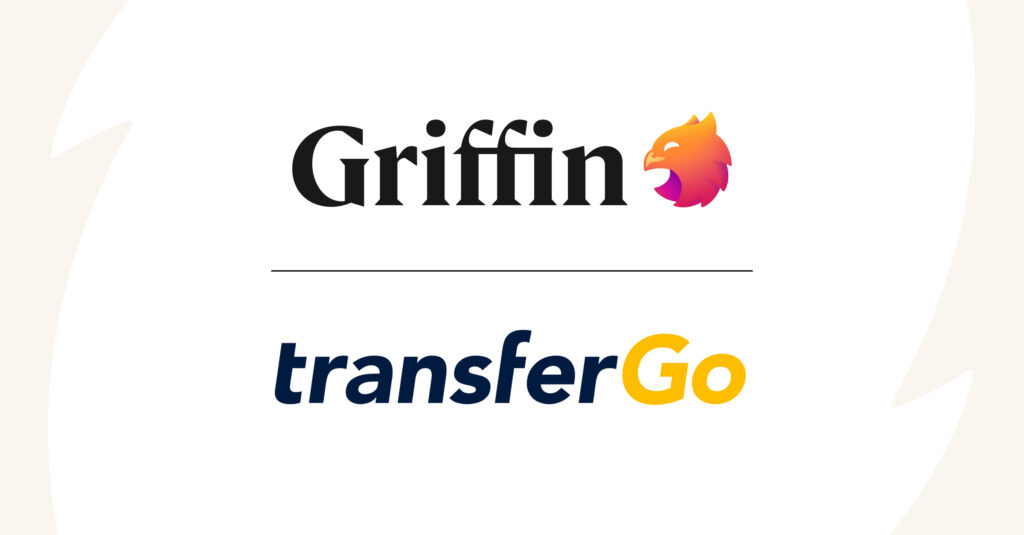
TransferGo has partnered with Griffin to offer safeguarded GBP wallets and savings accounts for UK businesses, enhancing B2B payment services in 2025.

Cross-border payments remain costly and complex, but innovations in FX, APIs, and stablecoins are unlocking faster, smarter global money movement.

Bondora has selected Tuum’s cloud-native core banking platform to support its transition to a licensed digital bank and unify operations across the EU.

Cross-border payments are being reshaped by new tech, regulation, and partnerships—but legacy risks still demand smarter compliance.

Real-time payments and integrated tools are reshaping how SMEs manage operations, adapt quickly, and deliver seamless customer experiences.

As APP fraud grows more sophisticated, banks must move beyond transactional checks and use behavioural signals to intervene before money moves.

As digital payments outpace plastic, UK banks must modernise card infrastructure or risk losing relevance to faster, cloud-native challengers.

Sustainability is a competitive differentiator Recent discussions between The Payments Association’s ESG Working Group have frequently highlighted how firms are experiencing an uptick in clients, investors and potential customers enquiring

Open banking and instant payments are reshaping how regulated sectors manage compliance, onboarding, and real-time money movement at scale.

As financial crime evolves, correspondent banks must prioritise wire transfer transparency to meet global regulations and safeguard the financial system.

AI is reshaping fintech marketing—enabling personalisation, predictive targeting, and compliance—while raising new ethical and strategic questions.

SMEs drive the UK economy, but many still face barriers to essential financial services. Closing the gap requires more than lending—it needs infrastructure.

As the payments job market shifts from growth to efficiency, firms must rethink hiring strategies to compete in a saturated, high-stakes landscape.

Consumers expect speed and transparency—banks are responding with self-service tools that streamline dispute resolution and enhance trust.

QR code payments offer UK small businesses a fast, low-cost alternative to card terminals—boosting cash flow and meeting modern customer expectations.

Tokenisation is reshaping financial services, offering faster, more efficient ways to manage and trade assets across bonds, real estate, and beyond.
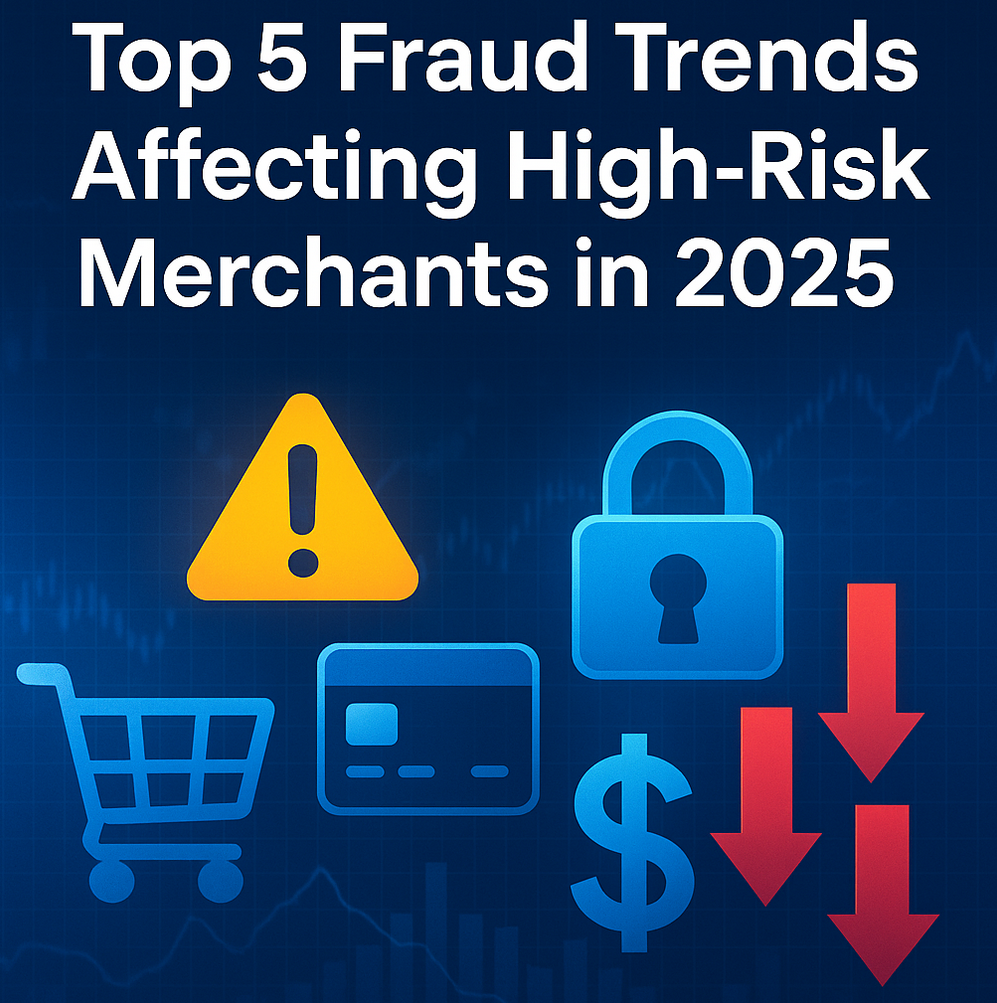
From AI-driven scams to rising chargebacks, five key fraud trends are reshaping risk exposure for high-risk merchants in 2025.

SMEB appoints Amanda Harrison as chief revenue officer to lead commercial strategy and drive growth across its fintech and digital banking services.
The Payments Association
St Clement’s House
27 Clements Lane
London EC4N 7AE
© Copyright 2024 The Payments Association. All Rights Reserved. The Payments Association is the trading name of Emerging Payments Ventures Limited.
Emerging Ventures Limited t/a The Payments Association; Registered in England and Wales, Company Number 06672728; VAT no. 938829859; Registered office address St. Clement’s House, 27 Clements Lane, London, England, EC4N 7AE.







Log in to access complimentary passes or discounts and access exclusive content as part of your membership. An auto-login link will be sent directly to your email.
We use an auto-login link to ensure optimum security for your members hub. Simply enter your professional work e-mail address into the input area and you’ll receive a link to directly access your account.
Instead of using passwords, we e-mail you a link to log in to the site. This allows us to automatically verify you and apply member benefits based on your e-mail domain name.
Please click the button below which relates to the issue you’re having.
Sometimes our e-mails end up in spam. Make sure to check your spam folder for e-mails from The Payments Association
Most modern e-mail clients now separate e-mails into different tabs. For example, Outlook has an “Other” tab, and Gmail has tabs for different types of e-mails, such as promotional.
For security reasons the link will expire after 60 minutes. Try submitting the login form again and wait a few seconds for the e-mail to arrive.
The link will only work one time – once it’s been clicked, the link won’t log you in again. Instead, you’ll need to go back to the login screen and generate a new link.
Make sure you’re clicking the link on the most recent e-mail that’s been sent to you. We recommend deleting the e-mail once you’ve clicked the link.
Some security systems will automatically click on links in e-mails to check for phishing, malware, viruses and other malicious threats. If these have been clicked, it won’t work when you try to click on the link.
For security reasons, e-mail address changes can only be complete by your Member Engagement Manager. Please contact the team directly for further help.